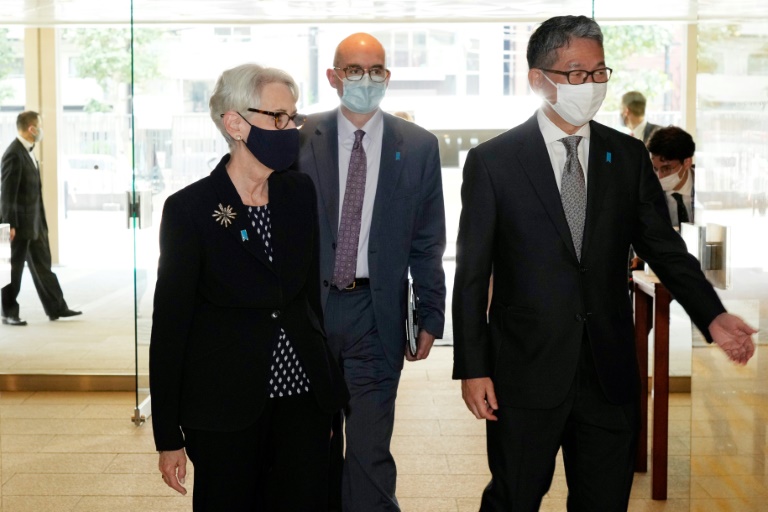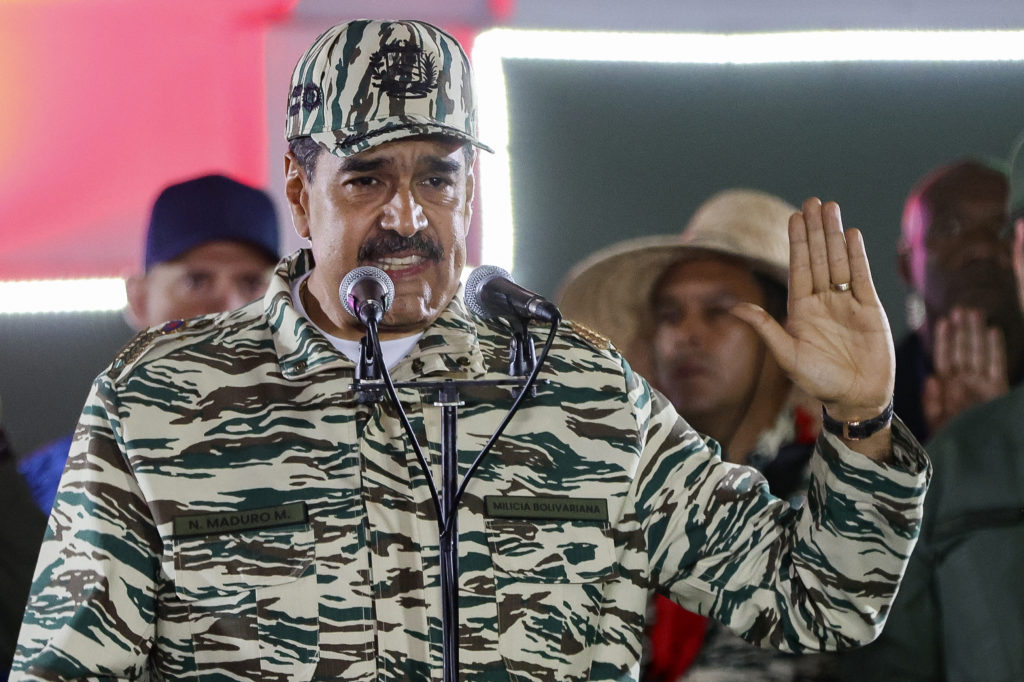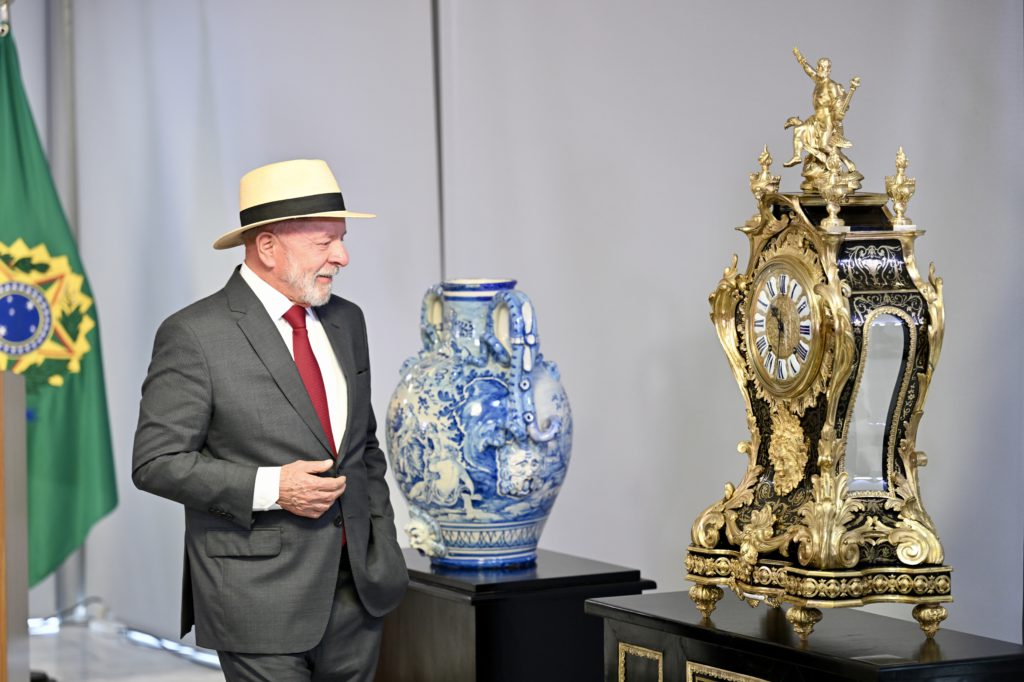US Deputy Secretary of State Wendy Sherman will travel to China this weekend, the State Department announced Wednesday, making her the highest-ranking official under President Joe Biden to visit amid deep tensions.
“These discussions are part of ongoing US efforts to hold candid exchanges with PRC officials to advance US interests and values and to responsibly manage the relationship,” a State Department statement said, referring to the People’s Republic of China.
“The deputy secretary will discuss areas where we have serious concerns about PRC actions, as well as areas where our interests align,” it said.
The trip will still not have the trappings of a full-fledged official visit. Sherman will not go to Beijing but instead spend two days starting Sunday in Tianjin, the eastern port city.
The State Department said she would meet senior officials in Tianjin including Foreign Minister Wang Yi.
John Kerry, the former secretary of state turned US climate envoy, is the only other senior official from the Biden administration to visit China as the world’s two largest emitters pledged to work together on the planetary crisis despite a host of differences.
Kerry did not hold talks in the capital either but rather met with his climate counterpart in Shanghai where there were few public sightings of the usually media-friendly former senator.
Secretary of State Antony Blinken and Jake Sullivan, Biden’s national security advisor, met in March in Alaska with Wang as well as top official Yang Jiechi in a visibly tense meeting in which the Chinese side berated the United States in front of the cameras.
Sherman’s trip signals a willingness at least to assess the relationship despite repeated episodes only in recent days.
Since last week, the United States publicly accused Beijing of carrying out the massive hack in March of Microsoft Exchange and issued a business advisory warning of risks in Hong Kong. The US Senate voted to ban imports from the Xinjiang region due to allegations of forced labor.
Sherman is already in Asia with a tour of Japan, South Korea and Mongolia. A State Department announcement of her travel last week raised eyebrows by not including China, indicating the two sides were continuing to negotiate whether she should visit.










